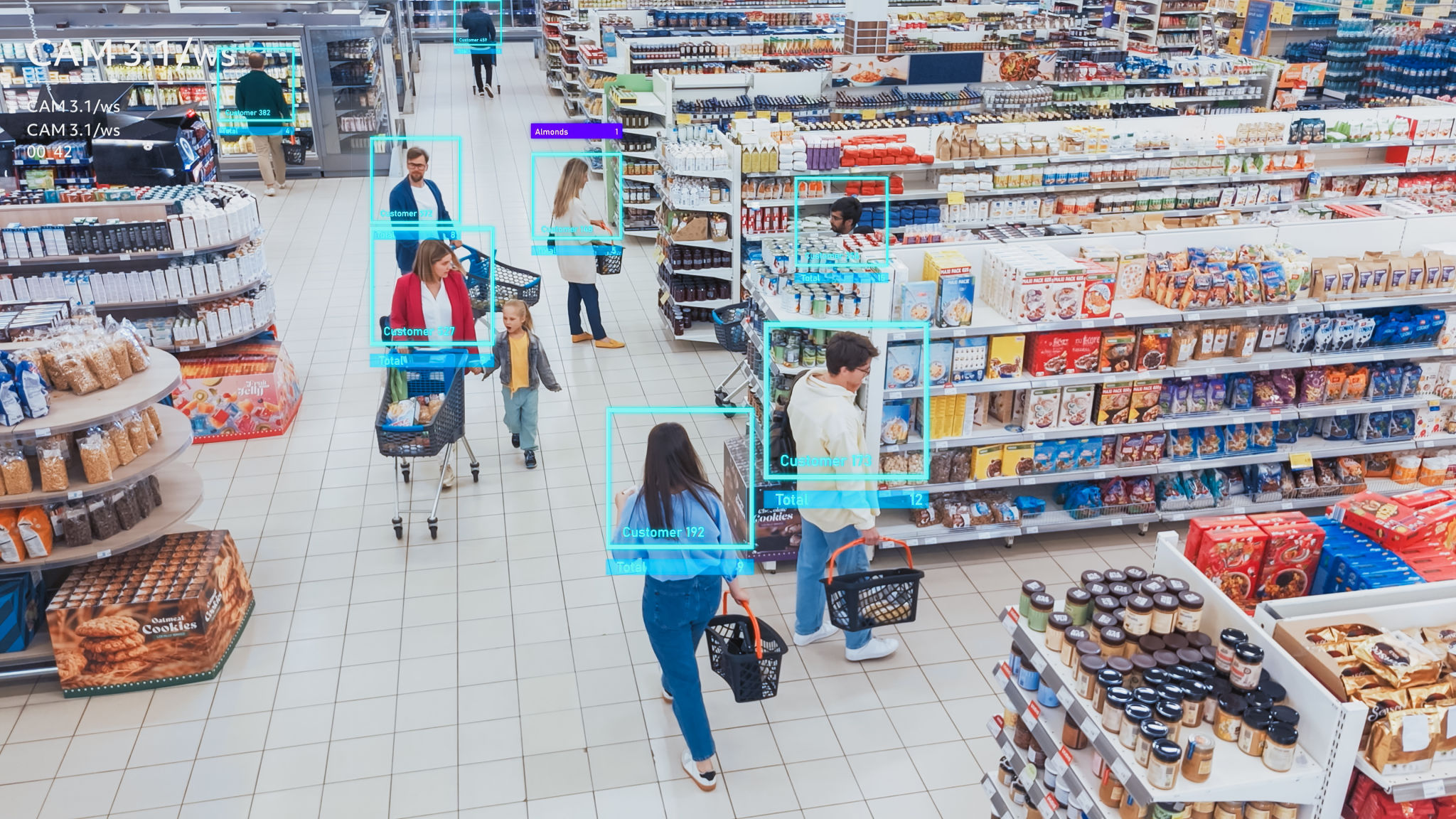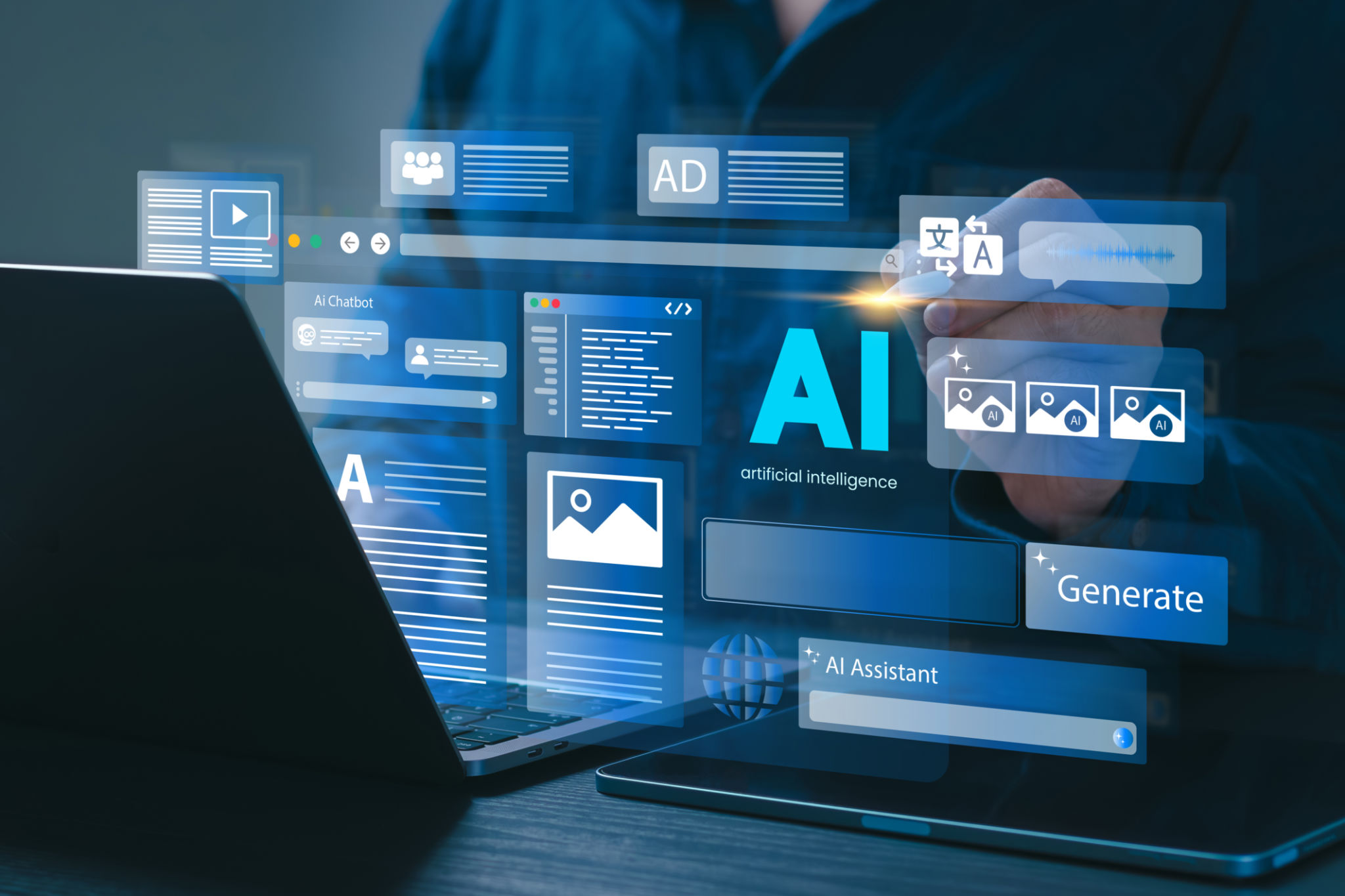AI in E-commerce: Transforming Online Business Strategies
The integration of Artificial Intelligence (AI) in e-commerce has revolutionized how online businesses operate, offering advanced tools and insights that were previously unimaginable. By leveraging AI technologies, e-commerce platforms can now provide more personalized, efficient, and responsive shopping experiences, ultimately transforming business strategies.
Enhancing Customer Experience
One of the most profound impacts of AI on e-commerce is its ability to enhance customer experience. AI-driven recommendation engines analyze customer behavior and purchasing patterns to offer personalized product suggestions. This not only increases customer satisfaction but also boosts sales by helping customers discover products they are more likely to purchase.

Moreover, AI-powered chatbots provide immediate customer support, addressing queries and concerns 24/7. These virtual assistants are becoming increasingly sophisticated, capable of understanding and responding to customer inquiries with a high degree of accuracy, thus improving the overall shopping experience.
Optimizing Inventory Management
In addition to customer-facing improvements, AI is transforming backend operations, particularly inventory management. Predictive analytics, driven by AI, helps businesses forecast demand more accurately. This enables companies to optimize their inventory levels, reducing the risk of overstocking or stockouts and ensuring that popular items are always available.
AI can also automate supply chain processes, enhancing efficiency and reducing human error. By analyzing patterns and trends, AI systems can suggest the best times to reorder stock and identify potential supply chain disruptions before they occur.

Improving Marketing Strategies
AI is a powerful tool for refining marketing strategies in e-commerce. By processing vast amounts of data quickly, AI can identify consumer segments and tailor marketing efforts to target specific audiences effectively. Personalized marketing campaigns driven by AI are more likely to resonate with customers, resulting in higher engagement rates and conversions.
Additionally, AI can automate various marketing tasks, such as email marketing and ad placements, ensuring that promotional efforts are both timely and relevant. This automation frees up valuable time for marketers to focus on strategy development and creative processes.

Securing Transactions
Security is a paramount concern for online businesses, and AI is playing a crucial role in safeguarding transactions. Fraud detection systems powered by AI can analyze transaction patterns in real-time to identify suspicious activities and prevent fraudulent transactions. This not only protects businesses but also builds trust with customers who value secure shopping environments.
Furthermore, AI enhances cybersecurity measures by continually learning from new threats and adapting security protocols accordingly. This dynamic approach ensures that e-commerce platforms remain resilient against evolving cyber threats.
The Future of AI in E-commerce
The potential of AI in e-commerce is vast and continues to grow as technology advances. Innovations such as virtual try-ons, augmented reality shopping experiences, and voice-activated purchases are becoming more prevalent, further blurring the lines between physical and digital shopping.
As AI technology evolves, online businesses that adopt these innovations will be better positioned to meet the changing demands of consumers and maintain a competitive edge in the market. Embracing AI-driven strategies will be essential for e-commerce platforms aiming to thrive in the digital landscape.
